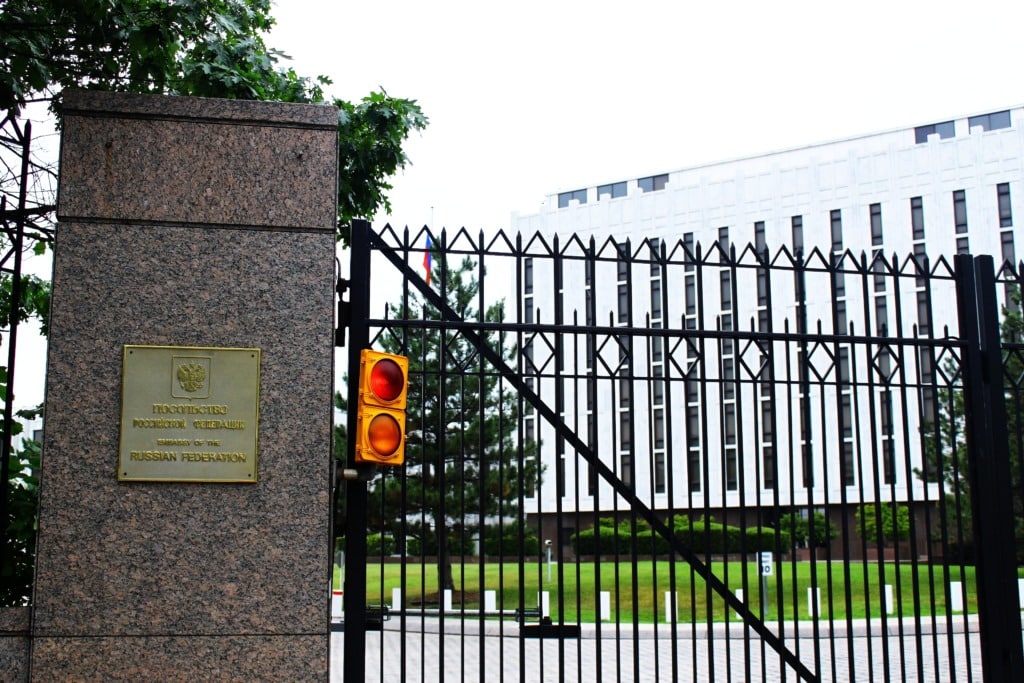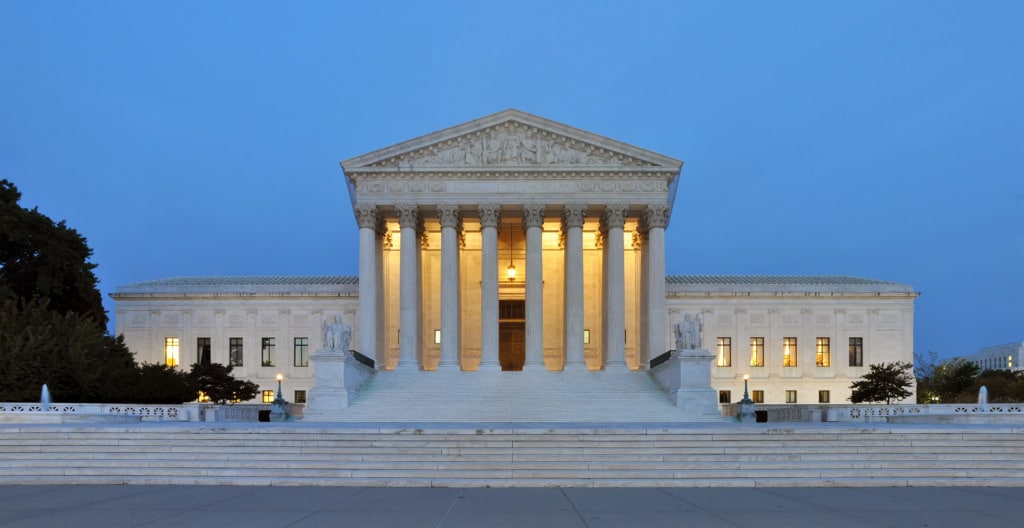Fuld’s Implications for the FSIA (and Other Federal Statutes)
In Fuld v. PLO, the U.S. Supreme Court held that “the Fifth Amendment does not impose the same jurisdictional limitations as the Fourteenth.” This means that Congress may authorize federal courts to exercise personal jurisdiction over defendants that state courts may not constitutionally reach. In Fuld, the Court upheld the constitutionality of the Promoting Security…
Continue ReadingRussia’s Lugovoy Law and the Battle for Jurisdiction
Sanctions have not only complicated the enforcement of contracts—they have also begun to affect the forums in which transnational disputes may be resolved. Russia’s so-called “Lugovoy Law” allows sanctioned parties to sue in Russian courts even when they have agreed to have their disputes decided elsewhere, and it is backed by threats of steep penalties….
Continue ReadingDistrict Court Orders Argentina to Transfer Shares to Satisfy Judgments
On June 30, 2025, Judge Loretta A. Preska (Southern District of New York) issued orders in two cases, directing Argentina to transfer shares in YPF S.A., a state-owned energy company, to a New York bank to satisfy two judgments. Bainbridge Fund Ltd. v. Republic of Argentina arose from Argentina’s default on certain bonds in 2001,…
Continue ReadingMedia Roundup: Fuld v. Palestine Liberation Organization
On June 20, 2025, the Supreme Court decided Fuld v. Palestine Liberation Organization, a case on review from the Second Circuit dealing with the limits of personal jurisdiction under the Fifth Amendment’s Due Process Clause. The Court reversed the Second Circuit unanimously, holding that the personal jurisdiction provisions of the Promoting Security and Justice for Victims…
Continue ReadingState Presumptions Against Extraterritoriality Apply to State Statutes
At TLB, we write a lot about extraterritoriality in general and about the federal presumption against extraterritoriality in particular. For the last three decades, the federal presumption has been the principal tool that courts have used to determine the geographic scope of federal statutes. But what if the statute in question is a state statute?…
Continue ReadingCVSG in Chabad v. Russian Federation: Another Question of Foreign State Immunity
On June 2, 2025, the Supreme Court called for the views of the Solicitor General (“CVSG”) in Chabad v. Russian Federation. In Chabad’s petition for certiorari, the question presented is whether the Foreign Sovereign Immunities Act (FSIA)’s expropriation exception applies to a foreign state if the expropriated property—or property exchanged for it— is located outside…
Continue ReadingA Costly Drafting Mistake
When I teach Conflict of Laws, I spend a lot of time showing my class how to draft a good choice-of-law clause. It’s not hard. Everything you need to know is laid out in the Primer on Choice-of-Law Clauses. Unfortunately, these instructions are not always followed. In one recent case, Pool Scouts Franchising LLC v….
Continue ReadingSCOTUS Rules for Gun Manufacturers in Mexico Suit but Denies Blanket Immunity
This article was first published on Just Security. Prior TLB coverage of the case can be found here. On June 5, in Smith & Wesson Brands Inc., et al. v. Estados Unidos Mexicanos, the U.S. Supreme Court unanimously ruled that Mexico’s lawsuit against seven U.S. gun manufacturers and one distributor is barred by the immunity…
Continue ReadingServing Process on Russia Through “Diplomatic Channels” Under the FSIA
A party suing a foreign state in federal or state court must comply with the Foreign Sovereign Immunities Act (FSIA). The FSIA governs not only when a foreign state is immune from suit and from execution, but also how a foreign state must be served with process. Section 1608(a) provides four possible methods of service…
Continue ReadingSupreme Court Decides Fuld v. PLO
The Supreme Court today unanimously reversed the Second Circuit in Fuld v. Palestine Liberation Organization, holding that the personal jurisdiction provisions of the Promoting Security and Justice for Victims of Terrorism Act (PSJVTA) do not violate the Fifth Amendment’s Due Process Clause. Chief Justice Roberts wrote the opinion, which was joined by Justices Alito, Sotomayor,…
Continue Reading








